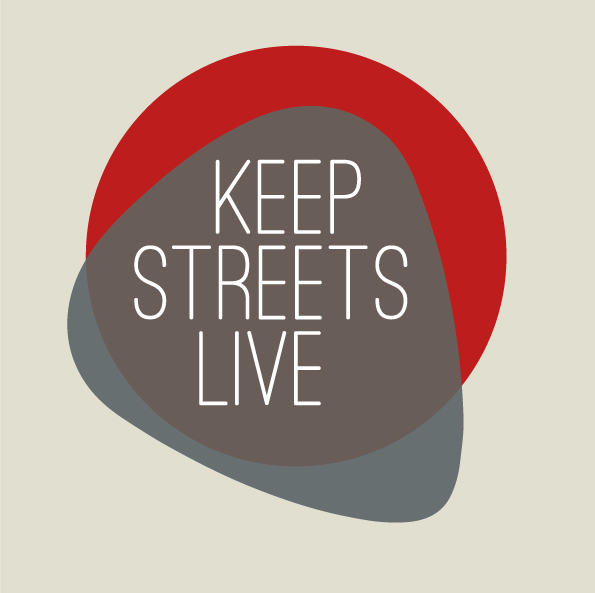 Our #SayNo2PSPO campaign addresses one of the major existential threats to street culture in the UK at this time.
Our #SayNo2PSPO campaign addresses one of the major existential threats to street culture in the UK at this time.
The rather Orwellian-sounding Public Spaces Protection Order forms part of the 2014 Antisocial Behaviour, Crime and Policing Act. Introduced by Theresa May during her time as Home Secretary, the aim of the Act was to streamline and speed up the process of dealing with antisocial behaviour and, in the words of the White Paper that proposed it “to challenge dangerous and yobbish behaviour of those who make victims’ lives a misery“.
One of the frightening things about the PSPO is that Local Authorities are effectively handed a book of blank cheques to criminalise ANY activity which they consider ‘detrimental’ to the local environment. This can take place either in the form of a complete ban, or by attaching conditions to that activity. Not surprisingly, the range of behaviours that have been deemed as ‘detrimental’ by Councils across the UK is a large one. Certainly begging, rough sleeping and drinking in public are amongst the most ‘popular’ targets, suggesting that many Councils are using this as a way to fast-track their most vulnerable citizens into the criminal justice system, but PSPO’s have also been used to prevent such serious breakdowns of law and order as carrying skateboards, being in possession of less than two poo bags whilst walking a dog, youths standing in a group of more than three, or allowing your sheep graze on Common Land!
It is worth having a look at a map on the Manifesto Club website to get an idea of the extent of the use of these powers across England & Wales, and in addition to consider that there is no definitive list available so this is only based on what has been reported to them. The true situation is considerably worse. As I will elaborate on later, alarmingly the Home Office does not hold information on which Local Authorities operate PSPO’s and what activities have been banned. For that reason we cannot be sure of exactly how many PSPO’s exist with the purpose of regulating busking or other forms of street performance. We suspect there are currently between 20 and 30, and that perhaps another 20 have made proposals or held consultations to discuss the possibility.
So why is this so dangerous for buskers? Effectively the PSPO allows Local Authorities to draft, create, execute and enforce their own criminal law against us. Since the mid 1980’s there has been a general legislative movement in favour of busking, beginning with the Gray vs. Chief Constable of Greater Manchester ruling which established that buskers could not be prosecuted for begging under the 1824 Vagrancy Act. The 2003 Licensing Act then defined busking as an ‘unregulated activity’ thus rendering the idea of a busking permit/license/badge redundant and unlawful, and this was further reiterated by the 2012 Live Music Act orchestrated by Liberal Democrat peer Lord Clement-Jones who has been a great supporter of our work. Clearly the PSPO allows Councils to unilaterally reverse this trend and impose any arbitrary controls they choose.
You can read the full article on PSPO’s here.
BUSKING-RELATED PSPO’S IN ENGLAND AND WALES
Blackpool
Bolton
Canterbury
Carlisle
Coventry
Hammersmith & Fulham
Kensington & Chelsea
Nottingham
Oxford
Peterborough
Poole
Tower Hamlets
Tunbridge Wells



